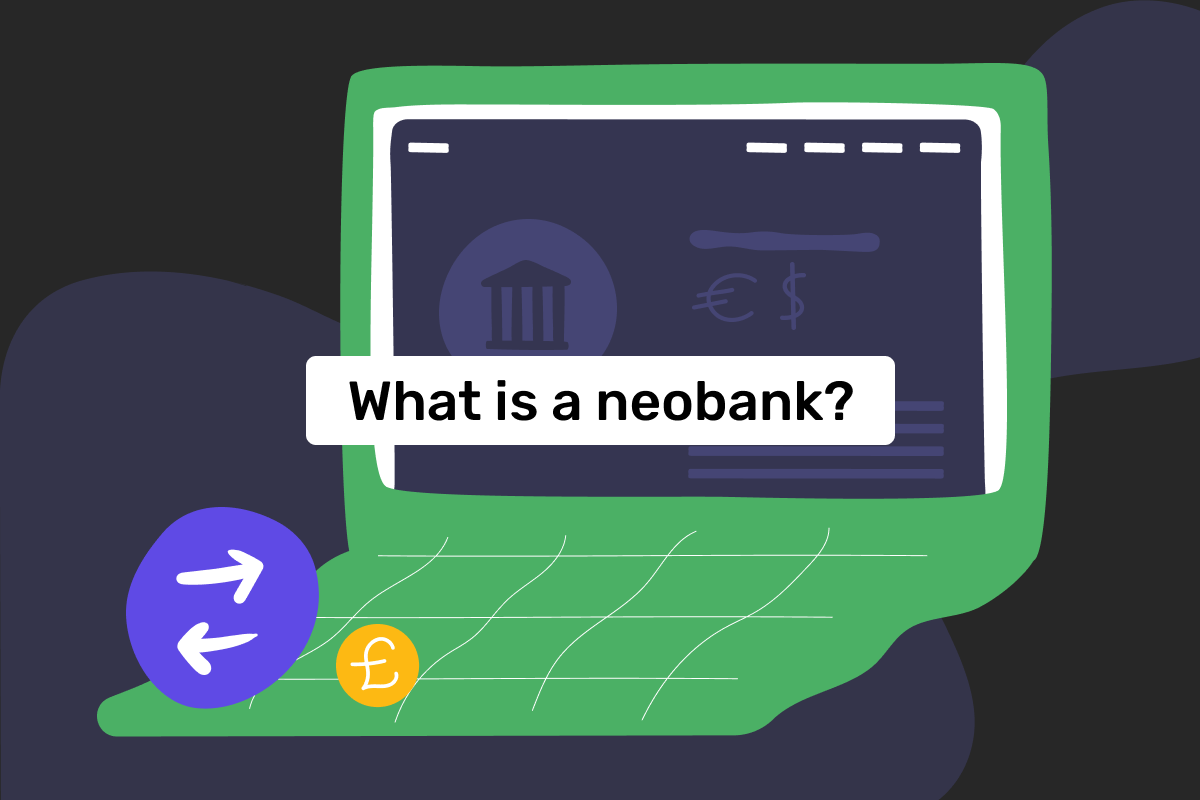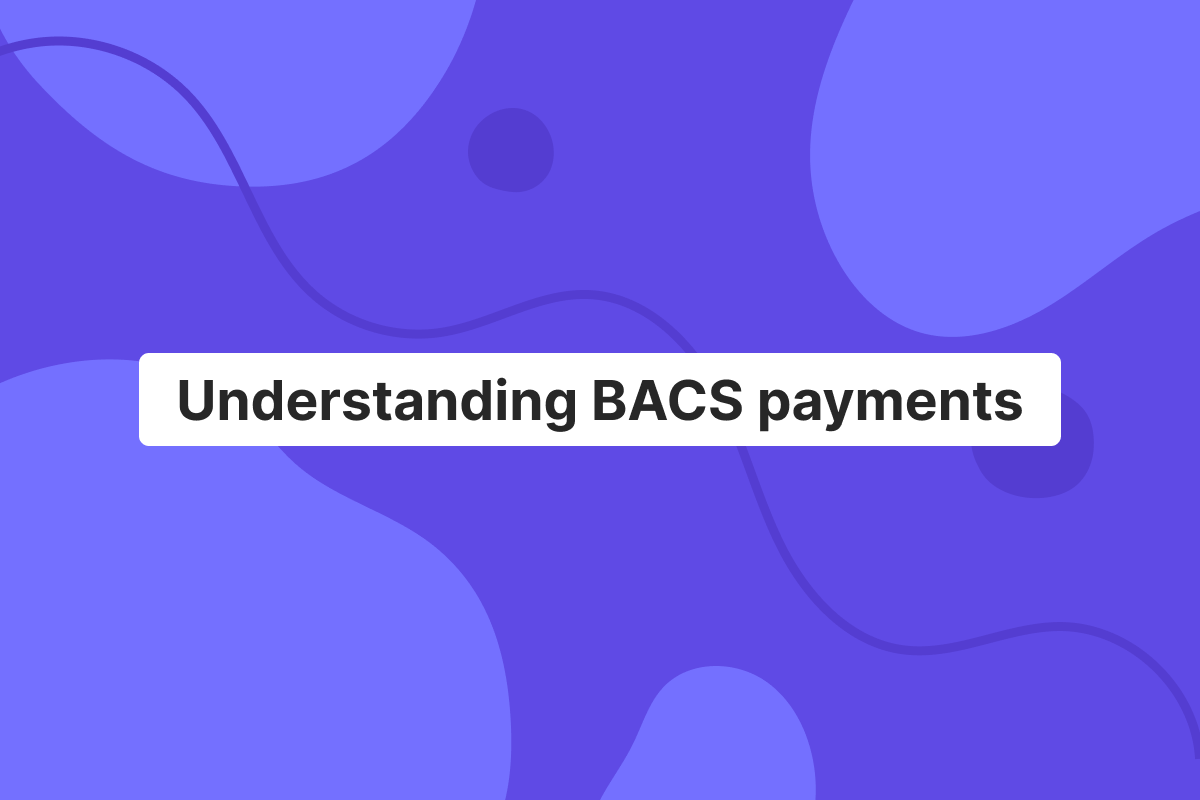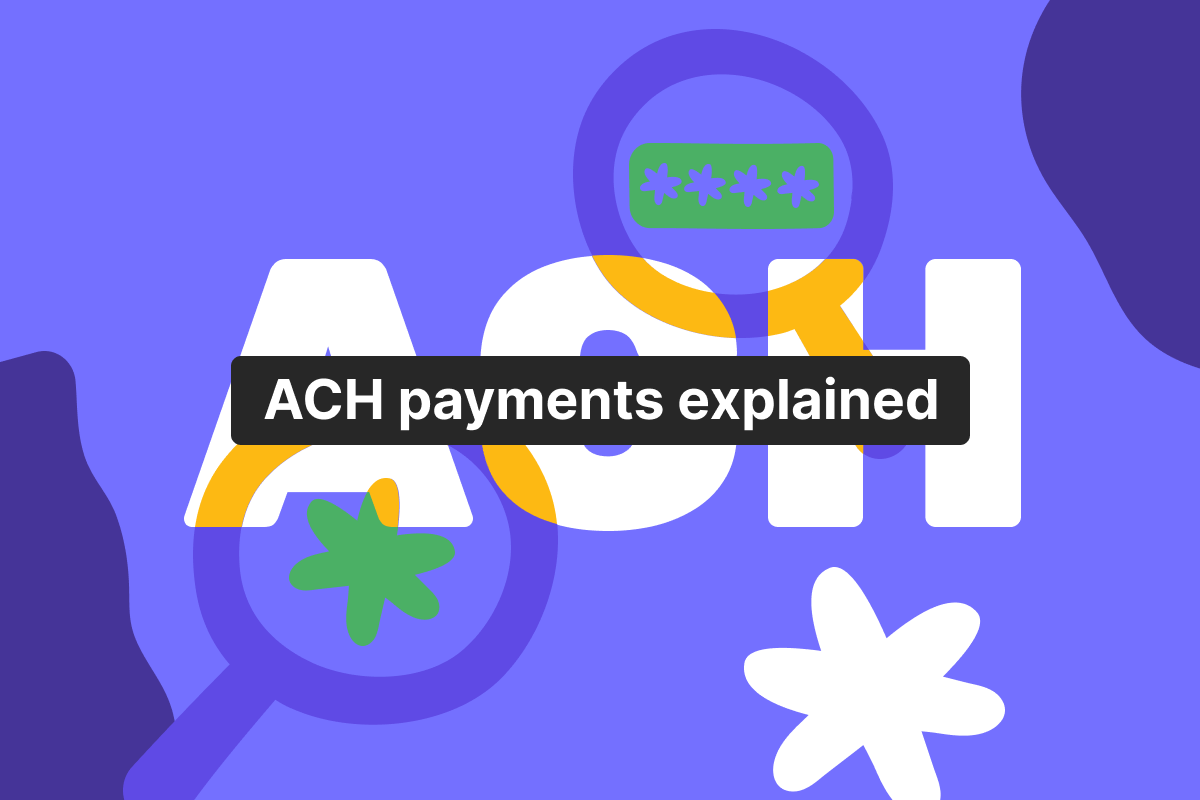Genome Blog / articles / What is a neobank? Examples and benefits of neobanks
Feb. 8, 2023
Banks are a huge part of people’s day-to-day lives, even if they just have one personal account and need a debit card for rare in-store purchases. But what about neobanks? Not all people know what these are and if they should switch from their brick-and-mortar banks to neobanks.
But Genome is here to explain. Today you will find out some of the main facts about neobanks, their advantages, and how neobanks compare to other financial institutions.
Neobank: meaning of the term
Neobanks, as you might have guessed, represent a new type of financial institution. They started arising after the financial crisis in 2008, as the need to diversify and digitalize old-fashioned banks became as clear as ever.
So, what are neobanks? They are fintech companies that provide different kinds of financial services exclusively online. Thus, clients can access them through websites or banking apps, as neobanks don’t have physical branches.
Some neobanks become independent after getting a banking license. If a neobank doesn’t have a license, it has to partner with banks to work with clients. Overall, neobanks are usually small-scale companies and startups.
The services that neobanks provide differ a lot: some are akin to traditional banks, offering checking accounts, while others are small firms used for accounting purposes. There are also business neobanks that target companies specifically, neobanks for e-commerce, etc.
Interestingly, in Europe, the neobank term is not always used. Instead, some call it challenger banks, a name popularized in the United Kingdom. Thus, keep in mind that neobanks and challenger banks are the same.
Some neobank examples:
Going global, neobanks can be found in many parts of the world, and they are pretty diverse. For instance, one of our neobank examples is an Australian company Alex Bank, which primarily offers customers personal loans.
Another example of a neobank is Indian Akudo, which offers prepaid cards for teenagers with gamification of processes to teach them how to handle their finances correctly.
And, of course, the neobanks of Europe are represented by multiple firms. One such company is Vivid, which allows you to invest in crypto and shares.
Benefits of neobanks
The first and major advantage is that neobanks are more convenient than traditional banks. That’s because clients can apply for a neobank account much quicker and easier – via the mobile banking app or a website, no matter where they are at – home, office, vacation, etc.
Meanwhile, many brick-and-mortar banks still require that clients visit their branches to open a bank account. There, people are likely to waste a lot of time in lines and filling out documents.
Not only that, but with neobanks, clients can track and perform all their financial operations online and have a better experience overall. Of course, this level of comfort depends on each individual. If a client is not very tech-savvy, they might prefer traditional banks.
Speaking of, services that neobanks provide are more technologically driven. Neobanks are essentially newcomers to the financial sphere, so they have to come up with more modern, unique, and client-oriented services to compete with banks that already have long-standing reputations and clients.
Last but not least, neobanks usually charge less for their services than traditional banks. That’s because they don’t have physical branches, thus, they don’t have to pay as much to rent branch spaces.
Are neobanks safe?
Some clients are hesitant about switching from a traditional bank to a neobank due to security concerns.
First of all, neobanks are relatively new players in the financial market and didn’t manage to earn the public trust that the brick-and-mortar banks possess. But the main reason is that traditional banks face much heavier regulations than neobanks, which is why the latter may seem not as trustworthy as their traditional counterparts.
Still, many neobanks implement security tools and solutions to ensure their customers’ data and funds are safe, as well as for their reputation to remain flawless.
Thus, before selecting a neobank, clients need to ensure that:
- It is licensed;
- It has implemented all the necessary security measures and anti-fraud tools in place;
- It has stellar reviews from customers when it comes to security.
What about Genome?
Genome is an electronic money institution licensed and supervised by the Bank of Lithuania. Like neobanks, Genome is a great alternative to traditional banks that have not fully adapted to the digital era of banking. The difference is that some neobanks have a limited number of services or are more sector-specific.
Meanwhile, Genome has it all! That’s right, here we provide both personal and business accounts, as well as merchant accounts* for companies that sell their products and services online.
Start your personal/business wallet with quick verification and minimum data to fill out. Inside the wallet, you can have multiple accounts, 5 accounts per currency – EUR, USD, GBP. Using these, you can make SEPA transfers, as well as send free internal transfers within Genome.
We provide both virtual and physical Visa debit cards for personal and corporate purchases.
Genome is PCI DSS, GDPR, and PSD2 compliant and uses two-factor authentication for all your log-ins and outgoing transfers. And our business account users can get a security token for additional remote verification of outgoing transfers.
As for merchants, they can start multiple merchant accounts* within Genome and accept payments from consumers in over 20 currencies. Various traditional and alternative payment methods are included*.
*Please note that Genome’s merchant services have been temporarily unavailable since September 2024.
FAQ
What is a neobank?
Also known as a challenger bank, it is a type of financial institution that is similar to traditional banks but provides all its services digitally – via the website or banking app. Some neobanks operate separately if they obtain a banking license; otherwise, they have to partner with other acquiring banks.
How can businesses use neobanks?
In a way, the services that current neobanks provide will be similar to those that traditional banks offer, although they are usually more sector-specific and simple. The key difference is that B2B neobanks do all that online, so you won’t have to visit bank branches.
Also, if you are looking for a business wallet that allows you to store funds in euros, British pounds, and US dollars, has multiple transfer options, and a merchant account* – Genome is a great option!
What is the difference between a digital bank and a neobank?
Although they are similar, digital banks usually provide more types of financial services than neobanks. Neobanks are also smaller firms, commonly startups, that mainly service clients via mobile apps. Also, digital banks and neobanks are regulated by different laws.
What is an example of a neobank?
We provided some of the examples above, but other popular neobank options are Monzo and Revolut. These are among some of the best neobanks out there.
What is the difference between a neobank and a Fintech company?
Neobanks is a type of fintech company, thus, the two can’t be compared. The fintech company is a broad term, so neobanks is only one of the parts of it.
How are neobanks different from traditional banks?
First and foremost, neobanks only work online, while traditional banks have branches. Traditional banks provide a wider variety of services, including loans and investment, while neobanks mostly concentrate on the account and transfer provision. However, the prices for neobanks’ products are much lower than those of traditional banks. Last but not least, traditional banks are more heavily regulated than neobanks.





